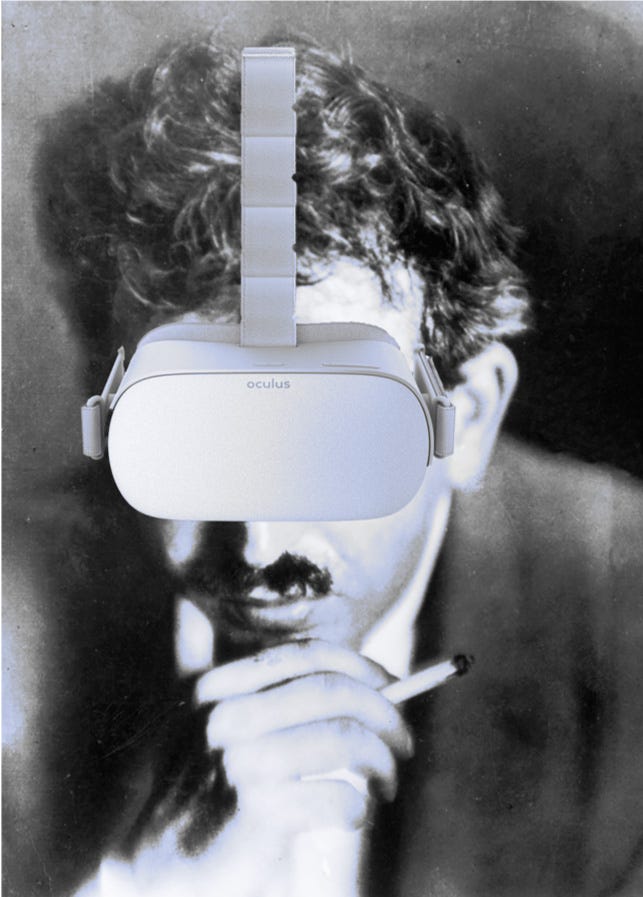According to Benjamin, how does mechanical reproduction change culture? What do you think are the consequences of digital reproduction on cultural expression today? Can a digital work have anything like an “aura? How does the culture of remix confirm of refute Benjamin’s ideas?
Mechanical reproduction created a cultural shift in how we understand and process art. It allowed the masses to engage with artworks that were normally reserved for the eyes of higher classes. Art has the ability to manipulate and influence the spectator, and it can be used as a political tool to change socio-cultural attitudes. Mechanical reproduction resulting in the printing press allowed Martin Luther to nail his 95 page theses to a Wittenburg church door, forever changing history.

One specific consequence of digital reproduction in today’s culture expression is what I see as the ‘death of photography’. Our social feeds are flooded with Instagram selfies, highly polished photoshops, 3D recreations, better and better phone cameras, etc. Capturing something in its temporal essence through classic photography might be a thing of the past.
/Migrant_Mother_Nipomo_California_3334095096-37e37c052a0745ba9cf9fae3cc5f967b.jpg)
I think there are indeed ways that digital art can retain an “aura of authenticity”. Certain types of VR experiences come to mind. Although, Benjamin might reduce to this to just a fake simulation.

I generally am not a huge fan of the idea of an “aura of authenticity. Even the remix can be made into something original and even be original in a temporal sense. Everything is a remix of something ideas that came before. Remixing and sampling can be manipulated in ways that sound completely different than the source material, essentially becoming its own thing. The live of experience of a DJ show exists in an aura.